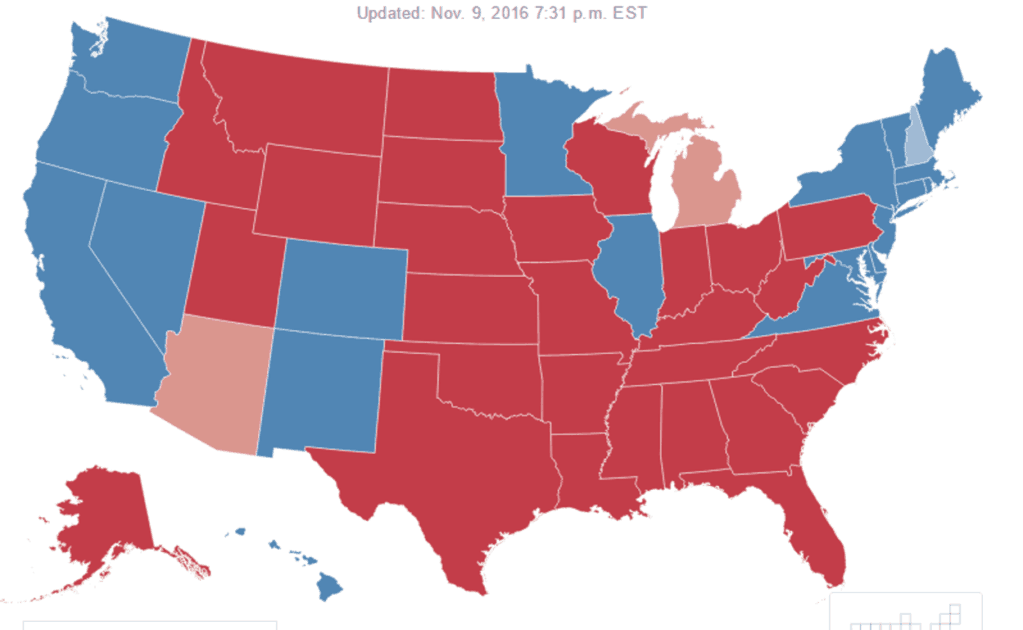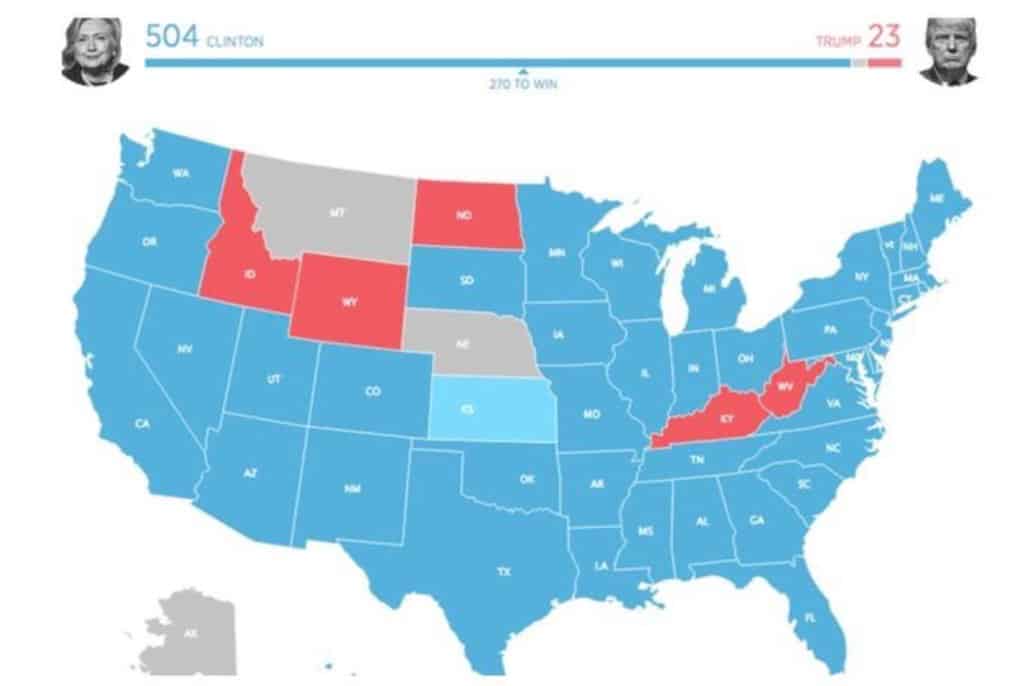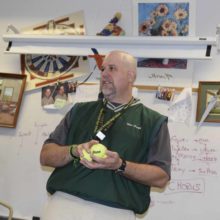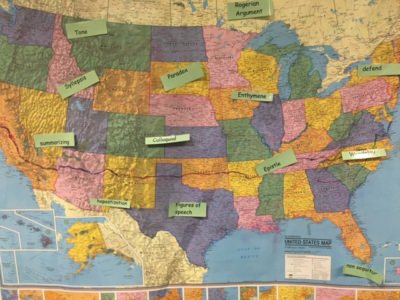

I did not vote for Donald Trump. Read my blog for just a few minutes and you can easily come to that conclusion.
But I teach in a public school. In fact, I teach a course and subject area which demands conversation, constructive argument, and rhetorical analysis. And each student who comes into my class deserves my best no matter what his/her political affiliations are or how each student’s family espouses its views.
I do feel that I have a unique perspective on the younger generations than most people being a high school teacher for 18 years. With the talk of privatizing education, wiping out entitlement programs, decentralizing, putting up walls, becoming more isolationist, drastically changing health insurance and social security, and war, I can say that without question that I have a lot of faith in this younger generation.
- They think of themselves as part of a community more than when I was a student.
- They look at the world as a dynamic public that spans religion, borders, and language more than when I was a student.
- They think of service work as a natural part of being a citizen more than when I was a student.
- They think of a climate that is changing more than when I was a student.
- They think of connectivity rather than isolationism more than when I was a student.
- They see things in a different light. Why? Because they are very smart and more observant than when I was a student.
- They think of ways to improve themselves and follow their curiosity more than when I was a student.
And I have a tremendous belief that they want a better world for all people.
Some may think that it is a fine line to walk being someone who has his own political views and still approaches classes like AP English Language and Composition without injecting personal opinion while allowing students to formulate how to argue their own opinions well.
And this election has shown the divisiveness in our country. It has shown the power of emotional appeals. It has shown the power of logical fallacies and the power of money over minds. It simply was one big ad hominem experience.
This election has also shown us the need for learning how to discourse constructively and argue productively. It has really taught us the need to sift the falsities from the truth.
Below is a map of the election results by state for the overall election.


Now what follows is a map of the election if only considering the votes of those people who are 18-25 courtesy of Eliza Byard, the Executive Director of GLSEN.


The youngest of the voting generation (late high school and early adulthood) sees a completely different perspective than the older generations. And with all the talk about the older white population swinging the vote for Donald Trump, it is easy to fall into a variety of conversations about who will have to live with what consequences longer than others, etc., etc. And whose votes count more in the scheme of things, etc., etc.
But this shows a clear disconnect in our population and it is not only divided among racial or religious lines. It seems very strong among age groups.
In an age where STEM education has taken center stage with a focus on 21st Century skill sets, what we really still need is the ability to articulate, listen, and constructively learn how to agree and disagree. That applies to all people in my opinion.
- We need to learn how to analyze viewpoints, offer opinions, and not be afraid of what others believe as well as a understanding of problem solving.
- We need to learn from history and use logic as well as ethics and emotions to ascertain what is right for us as well as a firm mathematical foundation.
- We need to see how the events of the past can help us in the future so we make the right decisions in the present as well as fund scientific and medical research.
- We need to see how cultures and diversity can beautifully blend together as well as measuring control groups against variables.
- We need to learn about others as a basis of tolerance and not as a foundation for walls as well as being able to navigate from a map.
- We need to be able to closely read, listen, annotate, and analyze the diction, imagery, language, and syntax of someone’s political promises before we automatically believe him as well as not automatically make a theory natural law.
We need our liberal arts just as much as the STEM subjects because the skill of problem solving is not reserved for the sciences and mathematics alone.The need to closely analyze, self-research, critically and creatively think, ponder, converse, span cultures, and synthesize new information in a global society is the basis of the liberal arts.
Liberal Arts teach us to teach ourselves. Liberal Arts teach us that we can always learn. Learning doesn’t stop because we “graduated” and became set in our ways. To stagnate in educating ourselves is really an insult to all of us.
My job as a teacher is not to change opinions of my students when it comes to their political, social, or religious views. It is my job to teach them how to better argue those views to a variety of audiences and understand how others construct their own arguments and do it with an educated viewpoint. Hopefully, they will continue to learn about those skills throughout their entire lives.
It will allow them then to approach any election or big decision more prepared.
Because, if anything, this election has shown us that in an age with tremendous amounts of technology and knowledge, the need to critically think, constructively converse, and practice acceptance might be our biggest deficit.


